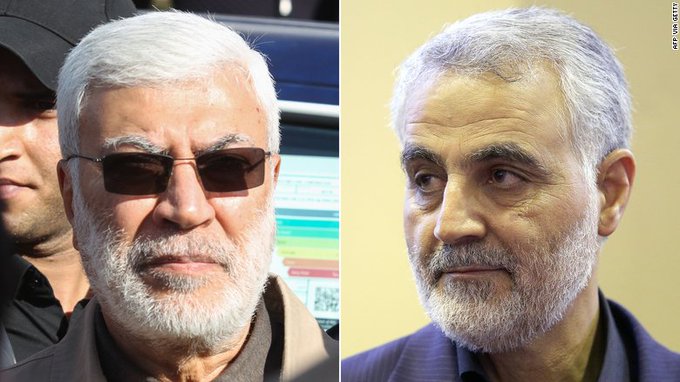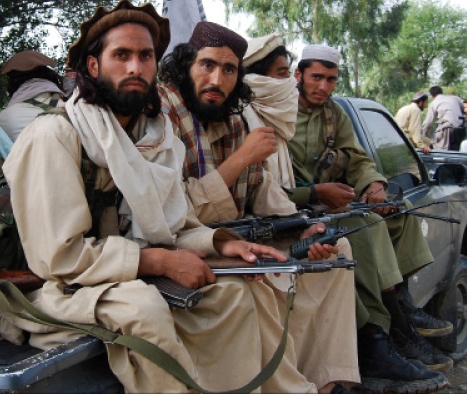In a dramatic escalation of an already bloody struggle between Washington and Tehran for influence across the region, the United States declared that Iranian Major-General Qasem Soleimani, head of the elite Quds Force and spearhead of Iran’s spreading military influence in the Middle East, was killed on Friday in an air strike at Baghdad airport on the orders of President Donald Trump.
The death of General Soleimani has further provoked a major escalation in tensions between Washington and Tehran as Iran’s Supreme Leader Ayatollah Ali Khamenei has called for “severe revenge” from those behind the attack. He also announced three days of national mourning. The killing of Qasem Soleimani, one of the most powerful men in Iran, is nothing short of a dramatic escalation of an already dangerous situation in the Middle East, threatening to trigger violence from Gulf to the shores of the Mediterranean. The Pentagon announced that the US had carried out the attack near Baghdad Airport, describing it as “decisive defensive action to protect US personal abroad.”
Khamenei warned of “severe revenge” for “the criminals who bloodied their foul hands with his blood”, and vowed that “God willing, his work and his path will not be stopped”.
Gen Soleimani was widely seen as the second most powerful figure in Iran behind the Ayatollah Khamenei and arguably ahead of President Hassan Rouhani. His Quds Force, an elite unit of the Iranian Revolutionary Guards, reported directly to the Ayatollah and he was hailed as a heroic national figure.
Iran’s Revolutionary Guards said Iraqi militia leader Abu Mahdi al-Muhandis was among those killed.
According to the reports, Gen Soleimani and officials from Iran-backed militias were leaving Baghdad airport in two cars when they were hit by a US drone strike near a cargo area. Several missiles reportedly struck the convoy and at least five people are thought to have died.In its official statement the Pentagon said: “At the direction of the president, the US military has taken decisive defensive action to protect US personnel abroad by killing Qasem Soleimani.”The Pentagon also said Gen Soleimani “was actively developing plans to attack American diplomats and service members in Iraq and throughout the region”. It further added, “The United States will continue to take all necessary action to protect our people and our interests wherever they are around the world.”
The drone strike comes days after protesters attacked the US embassy in Baghdad, clashing with US forces at the scene. The Pentagon said Gen Soleimani was behind the attacks on the embassy.
The Iranian foreign minister, Mohammad Javad Zarif, said on Twitter: “The US’ act of international terrorism, targeting & assassinating General Soleimani – THE most effective force fighting Daesh (ISIS), Al Nusrah, Al Qaeda et al – is extremely dangerous & a foolish escalation. The US bears responsibility for all consequences of its rogue adventurism.”
Meanwhile US secretary of state Mike Pompeo posted a video he said showed Iraqis dancing in the street “thankful that General Soleimani is no more”.The escalation had followed a tit-for-tat series of strikes by both sides, which have been protagonists in Iraq since late 2006. Suleimani had been central to almost all that Iran did and was considered by senior officials under Barack Obama as being close to untouchable. He had become such a popular figure in Iran that sometimes people would even discuss him as a future President. He was popular among almost all factions of Iran and had a strong connect to its people. It will now be extremely difficult to prevent the cycle of conflicts and counter-attacks that will unfold in the aftermath of his death. It will now besot important to see how global politics can ensure that the conflict between the two does not escalate into full-fledged war and confrontation. Even when contained, these escalating moments of conflict are likely to deeply scar an already wounded region and add a risk premium to international oil prices that have already jumped 3% a barrel on news of Soleimani’s assassination. Donald Trump may be known for his erratic presidency but this move can unleash unprecedented conflicts between the US and the Middle East and may hold implications for the rest of the world too.














